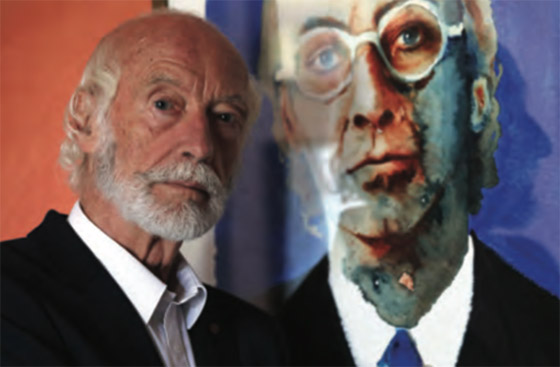This image: Roger McGough
See your favourite authors, discover new additions for your bookshelf and discuss the big questions at this month’s Cambridge Literary Festival
‘‘Never has there been a better time for us to come together to talk and to listen: to novelists, scientists, politicians, commentators and thinkers, each of them expert in their field,” says Alex Clark, artistic director of Cambridge Literary Festival. “From our opening afternoon, in which we see novelist Helen Oyeyemi return to the city she studied in to talk about her brilliant new novel, to our final event with the spectacular Ali Smith, we’ll be celebrating the power of words to capture hearts and minds.”
There’s plenty to tempt booklovers on the line-up, which ranges from top novelists to scientists, astronomers, politicians and poets.
The new fiction cohort is as strong as ever, bringing together some of the most exciting novelists in the game. Madeline Miller – who was interviewed by Cambridge Edition for our Book Club last month – speaks on the joyful job of bringing antiquity to life in Circe, her dazzling, ambitious reworking of ancient Greek myth. Joining her on the programme is Helen Oyeyemi, a prodigiously talented Cambridge Uni grad who wrote her first novel while at school and has since picked up numerous prestigious prizes. Join her on the 5th when she’ll discuss her novel Gingerbread; a folkoric tale of a mother and daughter living in a gold flat who make a potent kind of gingerbread.
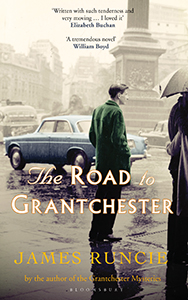
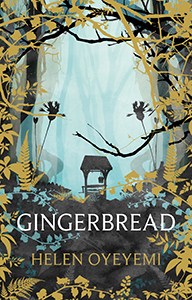
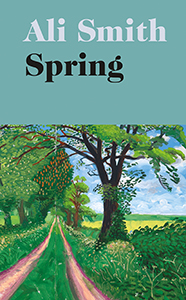
James Runcie, author of the Grantchester mysteries, pays a visit on the 7th to give an insight into the latest instalment in the series, The Road to Grantchester. A prequel to the other books, it delves into the early life of protagonist Sidney Chambers: everybody’s favourite unlucky-in-love vicar turned super sleuth.
Festival favourite Ali Smith returns, too, to discuss the recently released Spring, the third volume in her stunning seasonal quartet. Written as the turbulent events of the last few months have unfolded, Spring offers a glimmer of optimism, regeneration and growth.
As well as showcasing top new fiction writers, the festival also celebrates the work and life of one of literature’s true greats: George Eliot. Author of the immortal Middlemarch, the writer threw herself into political and philosophical life and scandalised Victorian society with her lovers and unconventional domestic situation – join devotees Dame Gillian Beer, Alex Clark and Allison Pearson as they pay homage on the bicentenary of her death.
Another literary great under the spotlight at this year’s festival is Iris Murdoch, a philosopher turned novelist responsible for some of the best-loved works of fiction of the 20th century. From The Bell to The Sea, The Sea and A Severed Head, Murdoch’s singular style remains as absorbing and thought-provoking as ever, as a panel composed of Catherine Taylor, Jonathan Gibbs, Charlotte Mendelson will discuss.
If the restaurateurs of Cambridge seem skittish on 6 April, it might be because Jay Rayner, food critic for The Guardian and king of brutal takedowns, is in town. He brings his My Dining Hell show to the festival: a safari through some of the most excruciating restaurant experiences he’s had – and as we know, there have been a few. Also talking food – specifically what happens when we have too much or
too little of it – is Dr Giles Yeo, who joins the festival on 7 April. In his talk The Truth about Obesity and Dieting, he takes a common-sense, but fastidiously researched, approach to discerning why we’re getting fatter.
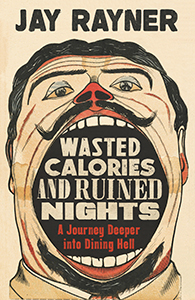
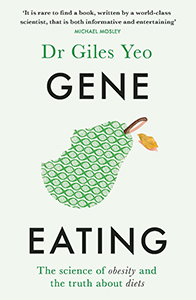
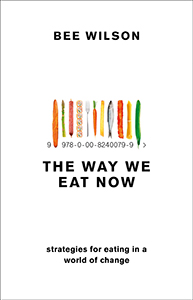
Bee Wilson, meanwhile, author of The Way We Eat Now – a frank snapshot of the world’s current eating habits – will discuss how our access to all kinds of cuisines has altered our relationship with what’s on our plate, suggesting that we reconnect with the origins of our food, and our ecology.
As ever, the ins and outs at Westminster are a hot topic at the festival, with guests including Hilary Benn MP, and Philip Collins, former speech writer for Tony Blair, who asks: how can we fix our broken politics? Danny Dorling, meanwhile, author of Peak Inequality, explores how the EU referendum and its bitter aftermath have exposed the schism between the haves and have-nots in British society.
Gender politics is up for discussion too, courtesy of Caroline Criado Perez, the author of headline-making recent release Invisible Women. In it, she amasses a huge body of evidence to demonstrate that in a world built for men, from the size of our phones to the cars we drive, women are systemically ignored, discriminated against and endangered. Join the discussion on the 6th. The next day, Ziauddin Yousafzai, father of Nobel Peace Prize winner Malala, will discuss The Fight for Equality and Education; his powerful memoir about decades of work promoting the rights of women and girls living in Pakistan.
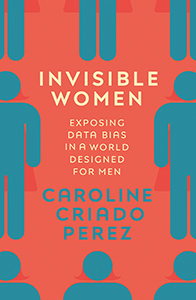
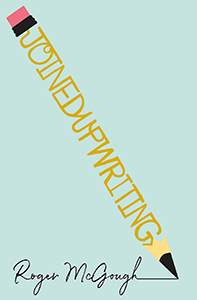
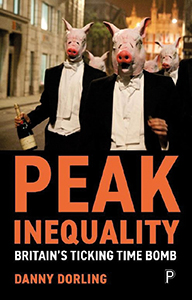
This year’s New Statesman Debate puts forward the motion that “This house believes identity politics is an impediment to progress”. Sure to inspire some heated discussion, the debate will consider: “is defining yourself by your identity – whether gender, sexuality, race, nationality or class – a way of making society a more progressive, inclusive place? Or is it a downward slope that leads to self-interest, polarised debate and political stasis?”. Hear opinions on the 6th.
Little book lovers will be well catered for at the festival as well, with top kids’ authors including Ross Welford, creator of The Dog Who Saved the World, as well as a celebration of Elmer, the lovably different patchwork elephant.
Rounding the event off is Roger McGough, who brings an evening of poetry and performance to the festival on Sunday the 7th. With a career that spans five decades, encompassing the Mersey Sound and the number one single Lily the Pink, McGough can still entrance an audience – he’ll be celebrating his new collection, Joined Up Writing.

